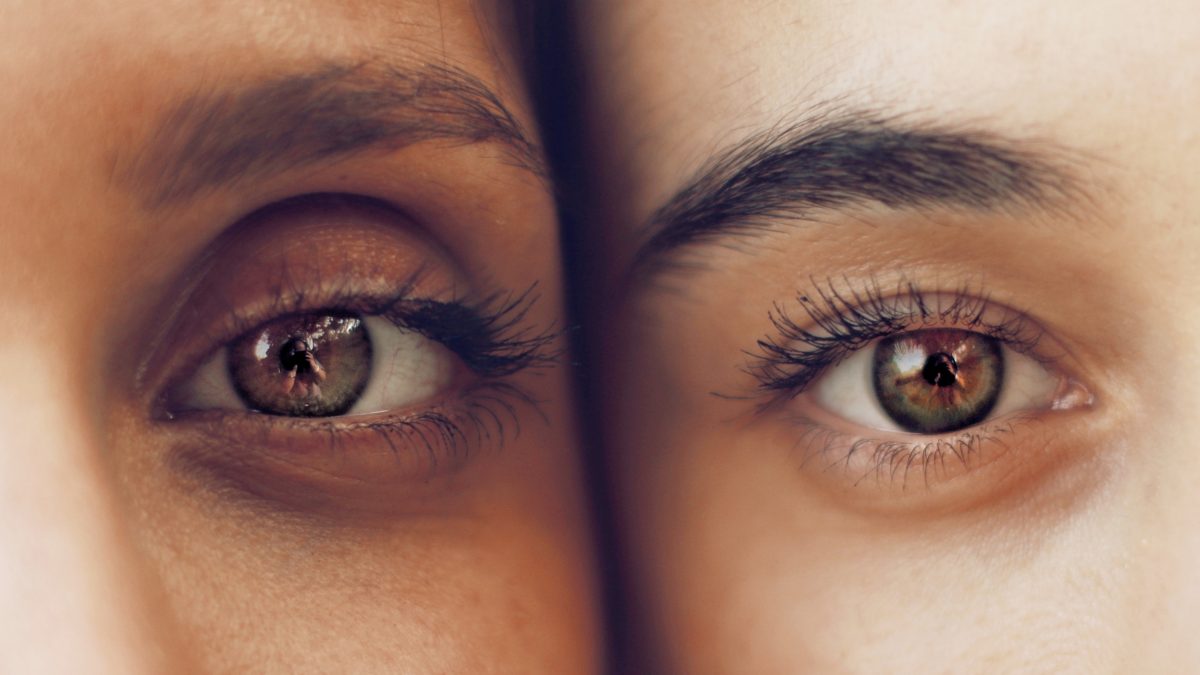Eye Health: Finding a Cure for Blindness

Photo by Soroush Karimi on Unsplash
According to the World Health Organization, 285 million people around the world are estimated to be visually impaired in some way. Of these, 39 million are blind and 246 million have serious vision issues. Losing a portion of your eyesight is a common problem, whether it’s due to aging or a certain condition.
Fortunately, a large amount of common vision problems can be corrected with glasses, contacts and laser surgery – in fact, up to 80% of vision conditions can be prevented or even completely cured. But what about the other 20%?
Retinal degeneration disorders are a group of the most serious vision disorders that currently do not have a cure. These conditions break down the retina, which is the layer of tissue found at the back of the eye that contains cells that detect light entering the organ. Retinal degeneration disorders include retinitis pigmentosa, macular degeneration and Usher syndrome. In particular, age-related macular degeneration is the leading cause of blindness in the developed world.
So, how close are scientists to discovering an ultimate cure for these conditions? Knowledge in this area of health has drastically improved in recent years. If these retinal degeneration disorders are caught early enough, there are many options available to preserve at least a portion of the patient’s vision. “By protecting cells within the retina from death associated with the underlying biochemical disorder, we may preserve sight among large populations of patients,” explained Dr. Raymond Lezzi, an ophthalmology consultant with the Mayo Clinic.
In patients whose vision is still partially intact, treatment can be directed at neuroprotection or gene therapy. Gene therapy focuses on correcting the biochemical abnormalities that lead to the death of retina cells. This approach is highly specific, and Dr. Lezzi stated that several hundred treatments would need to be developed in order to treat the full range of retinal degenerative diseases.
Science is definitely getting closer to finding an ultimate cure for blindness, with experimental options like stem cells and even a prosthetic eye currently being tested. But for now, our best option is to protect our eyes as best as we can.
Here are some suggestions from the National Eye Institute to help keep your eyes healthy throughout the aging process –
- Maintain your weight and eat a nutritious diet. Foods like carrots, which contain a high volume of Vitamin A, and tomatoes, which contain the eye-nourishing ingredient Lycopene, are great options to boost your eye health.
- Do not smoke. Smoking has been linked with increased risk of cataracts, optic nerve damage and age-related macular degeneration.
- Know your family’s vision health history. Many serious eye disorders such as retinitis pigmentosa are hereditary – knowing your individual risk of developing these conditions can increase your treatment options.
- See an eye doctor. The only way to be completely sure of the health of the eyes is to visit an eye care professional.
Source: Medical News Today